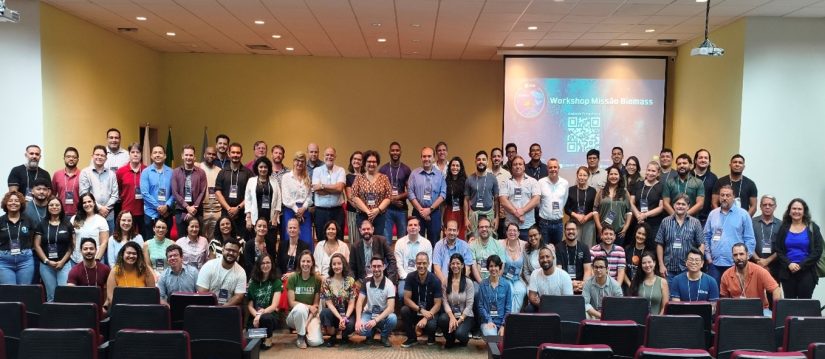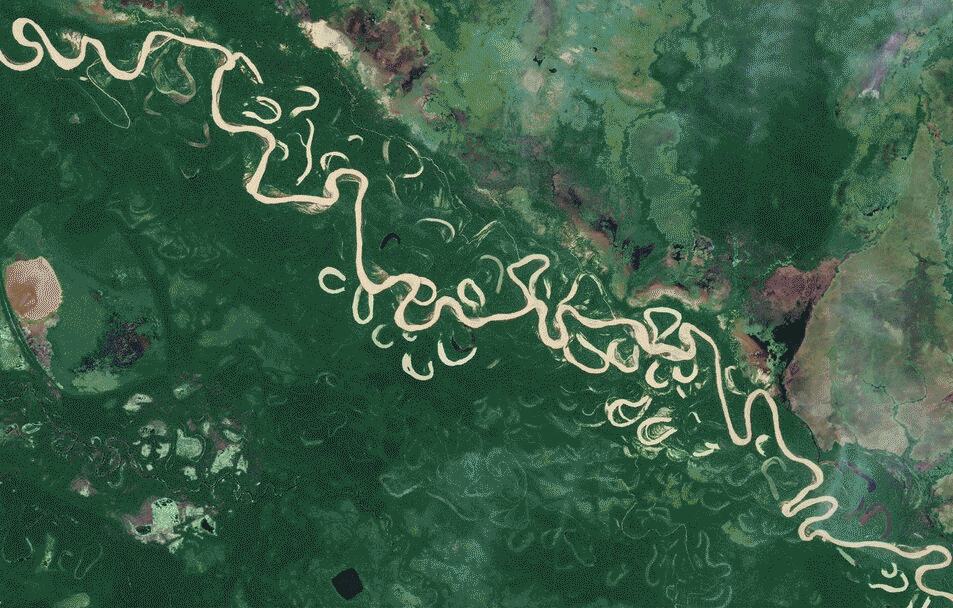Over the past 40 years, ESA has developed strong cooperation with several countries in Latin America, particularly Brazil, Argentina, Mexico, and Chile. The first partnership dates back to 1977, with the signing of an agreement between the Brazilian Government and ESA for the establishment and use of tracking and telemetry facilities in Brazil. This agreement authorized and guaranteed the use of the Natal launch range for the Ariane programme. What began as cooperation focused on specific ESA programme needs has since evolved into a broad partnership covering nearly all areas of ESA’s activities.
Cooperation on Earth observation
ESA and Brazil have a longstanding partnership in the field of Earth Observation, formalized through the Copernicus Space Component Technical Operating Arrangement between ESA, AEB, and INPE, signed in March 2019. Within the frameworks of CEOS, GEO, and the International Charter Space and Major Disasters, ESA and Brazil have also collaborated for many years. ESA has supported Brazil through the provision of Sentinel data to monitor oil spills, Amazonian fires, and deforestation.
In the area of launchers, secure access to and use of ESA’s Natal station in Brazil remains a key asset for ensuring Europe’s independent access to space.

The workshop on Biomass Earth observation data and applications
Last 30 September to 2 October, ESA, together with the National Institute for Space Research (INPE) and the Brazilian Space Agency (AEB), has organised a workshop in Belém dedicated to Biomass Earth observation data and applications.
The workshop fostered dialogue between ESA, AEB, and INPE on the use of existing optical and SAR data, processing chains for forest monitoring including deforestation and degradation, and expectations for the upcoming BIOMASS mission data. Through presentations, panels, and hands-on sessions, participants identified needs and gaps at the technical, political, and operational levels.
“Engaging with all Brazilian stakeholders is of utmost importance for the uptake of BIOMASS and other ESA data, as trust in these datasets is essential for their integration into national and regional processing chains,” says Inge Jonckheere, Head of the Green Solutions Division at ESA. “This workshop bridges the gap between satellite data and its transformation into actionable information for Brazil. Moreover, it lays the foundation for a joint ESA–INPE capacity-building effort on SAR and BIOMASS data.”

“BIOMASS is the first P-band SAR mission in space, and its data are expected to provide unprecedented insights into forest monitoring using radar,” adds Muriel Pinheiro, BIOMASS Processor Development Manager. “Preparing the Brazilian forestry community to use the full range of BIOMASS products is essential, not only to ensure early data uptake but also to promote independent validation, fully aligned with BIOMASS’s open-science strategy.”
The outcomes of this workshop will be presented at the next edition of COP30, which will take place in Belém in mid-November 2025.
Featured image : Bolivian forest: comparing Sentinel-2 and Biomass.

